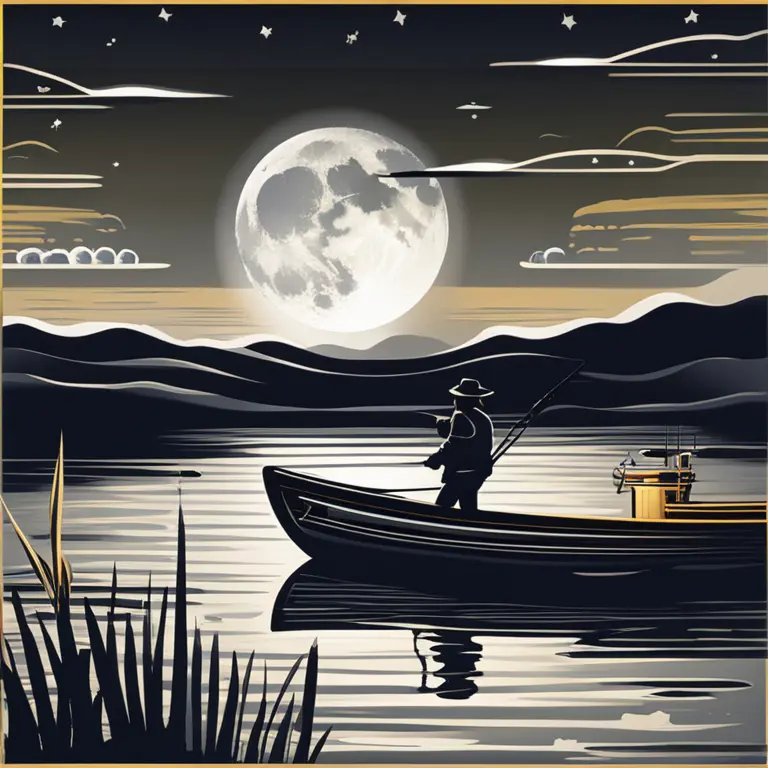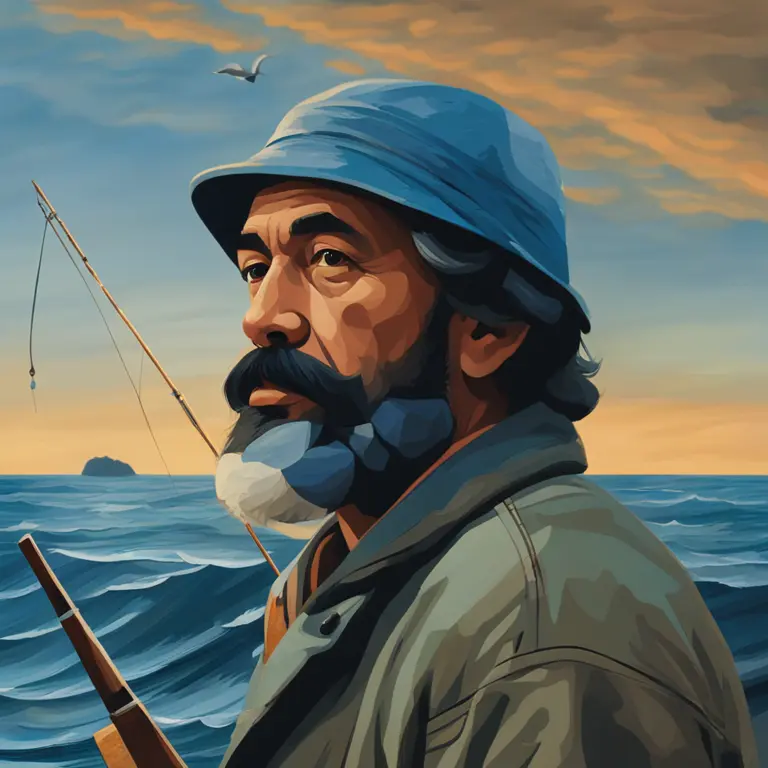
Best Moon Phases for Boosting Your Fishing Success
Discover the lunar phases that can enhance your fishing trips, aligning your plans with the celestial patterns that influence marine life behavior.
article by Priya Deshmukh
Introduction to Lunar Influences
For centuries, anglers have noticed a correlation between the moon's phases and the activity levels of fish. The celestial dance between the Earth and its satellite has a tangible impact on the environment, notably affecting the tides. Since marine creatures, particularly fish, are attuned to the ebb and flow of tides, it's no surprise that fishing success can often be tied to the lunar calendar. Understanding the best moon phases for fishing can help harmonize your angling efforts with the natural world, potentially increasing your catch rate.

Full Moon: A Time of Plenty
The full moon, when the moon's face is fully illuminated by the sun, has long been considered an auspicious time for fishing. In 2024 and beyond, as during any other year, the gravitational pull is stronger, leading to higher tides and more active fish. Predatory fish, in particular, may feed more aggressively due to the increased visibility at night. Plan for night fishing trips around the full moon to take advantage of this heightened activity, but be sure to check local tide charts for precise times of high tide.

New Moon: The Hidden Catalyst
Alternatively, the new moon offers a similar, though slightly different advantage for fishermen. During this phase, the moon is aligned between the Earth and the sun, making it invisible in the night sky. The darkness can bring its own set of opportunities, as many species use the cover of night to hunt and feed. The combination of high tides and the cloak of darkness during the new moon can be particularly effective for fishing, as the marine life becomes more active but also potentially less cautious.

Quarter Moons: The Balanced Approach
The first and third quarters of the moon, often called half-moons, present a moderate option for anglers. During these phases, the tides are less extreme but still provide adequate movement to entice fish to feed. The balance between tidal force and lunar visibility can provide a stable environment that some species favor. Maintaining a fishing journal with dates and catches can help you establish patterns over time and determine if the quarter moon phases are particularly productive for your local waters.

Lunar Perigee and Apogee: The Distance Factor
Apart from the phases, the moon's distance from Earth—its perigee (closest approach) and apogee (farthest distance)—can also influence fishing conditions. When the moon is at perigee, the tides are even more pronounced, potentially spurring greater fish activity. Conversely, during apogee, the weaker tides may lead to less fish movement. For the best results, consider combining the knowledge of moon phases with its perigee and apogee—fishing during a full or new moon when the moon is closest to Earth may reap the most benefits.
Final Thoughts and Considerations
While the moon's phases can provide a useful guide to potentially fruitful fishing times, remember that they are just one of many factors. Weather patterns, water temperature, and local ecosystems can also significantly affect fish behavior. Nonetheless, aligning your fishing trips with favorable lunar conditions could give you an edge. Tailor your strategies as the moon waxes and wanes, and you may just find the celestial bodies to be your best fishing companions.
Published: 1/19/2024
Modified: 1/19/2024
More predictions
Come back here soon to learn more about yourself and your future


Moon Phases: Celestial Dynamics and Impact
Discover the intriguing facts about moon phases and their significance in celestial dynamics, astrology, and personal biorhythms.


Are Moon Phases Universal?
Delve into the intriguing question of whether the moon phase is the same across all locations on our planet, and how this celestial phenomenon influences astrology and horoscopes.